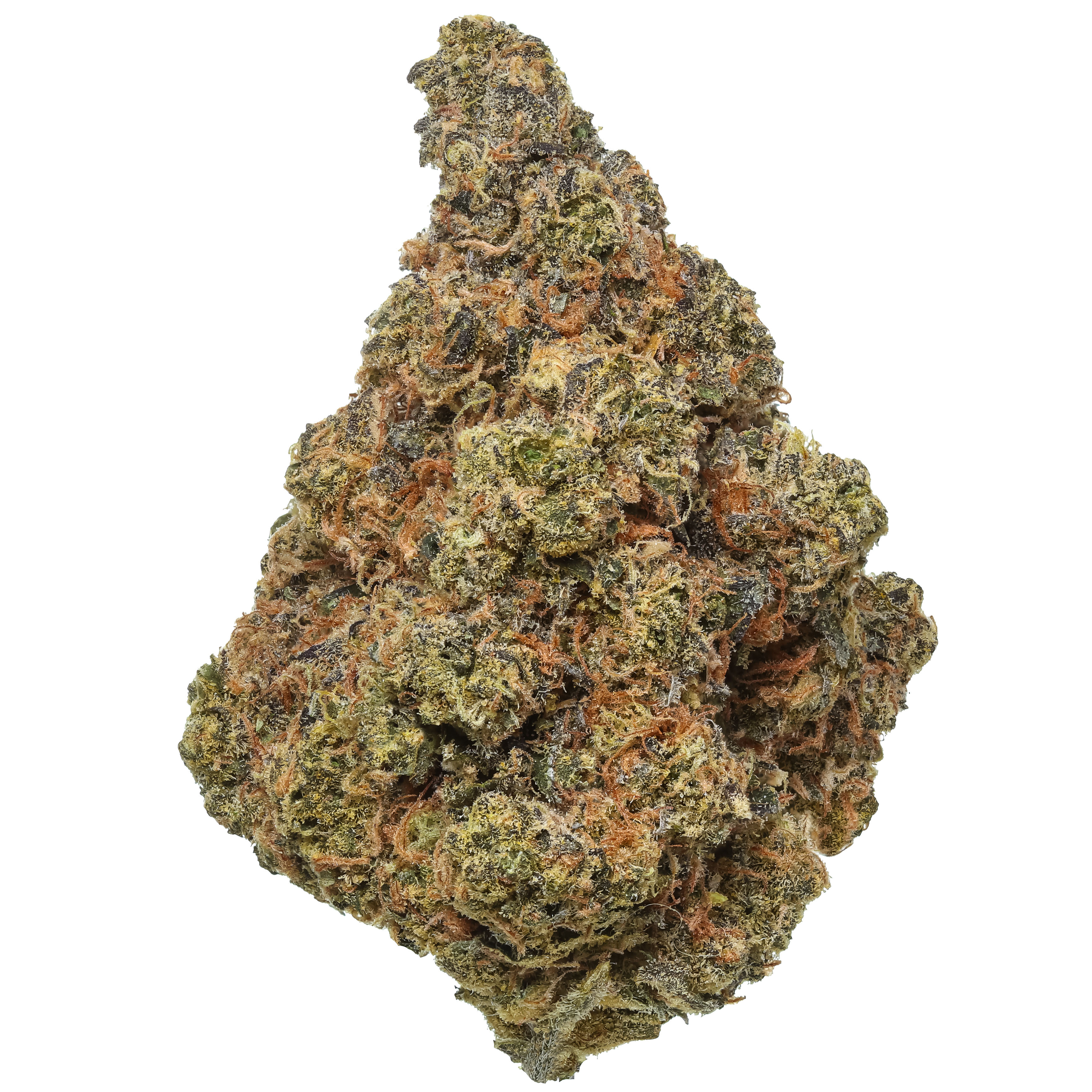
The use of weed for health benefits has garnered significant attention in recent years, particularly in cities like Houston, where progressive attitudes towards alternative treatments are growing. As the conversation around weed Houston shifts from stigmatization to acceptance, it’s essential to explore the various health benefits it can offer to residents of this vibrant city.
Understanding the Therapeutic Potential
Weed, also known as cannabis, contains compounds called cannabinoids, the most notable being cannabidiol (CBD) and tetrahydrocannabinol (THC). These compounds interact with the body’s endocannabinoid system, which regulates various physiological processes, including pain, mood, appetite, and immune response. This interaction has led to numerous studies investigating the therapeutic potential of weed in managing a range of health conditions.
Pain Management and Inflammation
One of the most well-documented benefits of weed is its ability to alleviate chronic pain. Conditions such as arthritis, fibromyalgia, and multiple sclerosis often involve persistent pain that can be challenging to manage with conventional medications. Both CBD and THC have been shown to reduce pain and inflammation, offering relief to those suffering from chronic conditions. For many Houstonians dealing with such ailments, weed provides a natural alternative that can enhance their quality of life without the side effects associated with long-term use of opioids or other pain relievers.
Mental Health Support
Mental health issues, including anxiety and depression, are prevalent across the United States, and Houston is no exception. CBD, in particular, has gained popularity for its calming effects, helping to reduce anxiety and improve sleep quality. THC, though psychoactive, can also contribute to mental well-being by promoting a sense of relaxation and euphoria. By offering these benefits, weed serves as a potential supplement to traditional mental health treatments, allowing individuals to better manage their symptoms and improve their overall mental health.
Neurological Benefits
Emerging research suggests that weed may offer neuroprotective benefits, particularly for conditions such as epilepsy and multiple sclerosis. CBD has been approved for the treatment of certain types of epilepsy, demonstrating its effectiveness in reducing the frequency and severity of seizures. Additionally, the anti-inflammatory and antioxidant properties of cannabinoids may help protect the nervous system and support cognitive function, making weed a promising area of study for neurodegenerative diseases like Alzheimer’s and Parkinson’s.
Supporting Cancer Treatment
Cancer patients often endure severe side effects from chemotherapy, including nausea, vomiting, and loss of appetite. Weed has been found to alleviate these symptoms, making the treatment process more tolerable. THC, in particular, is effective in stimulating appetite and reducing nausea, while CBD can help with pain and inflammation. By incorporating weed into their treatment regimen, cancer patients in Houston may find a more holistic approach to managing their symptoms and enhancing their quality of life.
Promoting Cardiovascular Health
While more research is needed, some studies suggest that weed may have cardiovascular benefits. The anti-inflammatory properties of CBD could help reduce the risk of heart disease, while its potential to lower blood pressure and alleviate stress contributes to overall heart health. For Houston residents looking to support their cardiovascular system, weed could offer complementary benefits when used responsibly and under medical supervision.
Conclusion
The health benefits of weed are diverse and far-reaching, making it a valuable addition to the wellness toolkit for many Houstonians. From managing chronic pain and mental health conditions to supporting cancer treatment and potentially promoting cardiovascular health, weed offers a natural and effective alternative to traditional therapies. As acceptance of weed continues to grow in Houston, individuals can look forward to exploring its therapeutic potential in a safe and informed manner, enhancing their overall well-being and quality of life.
